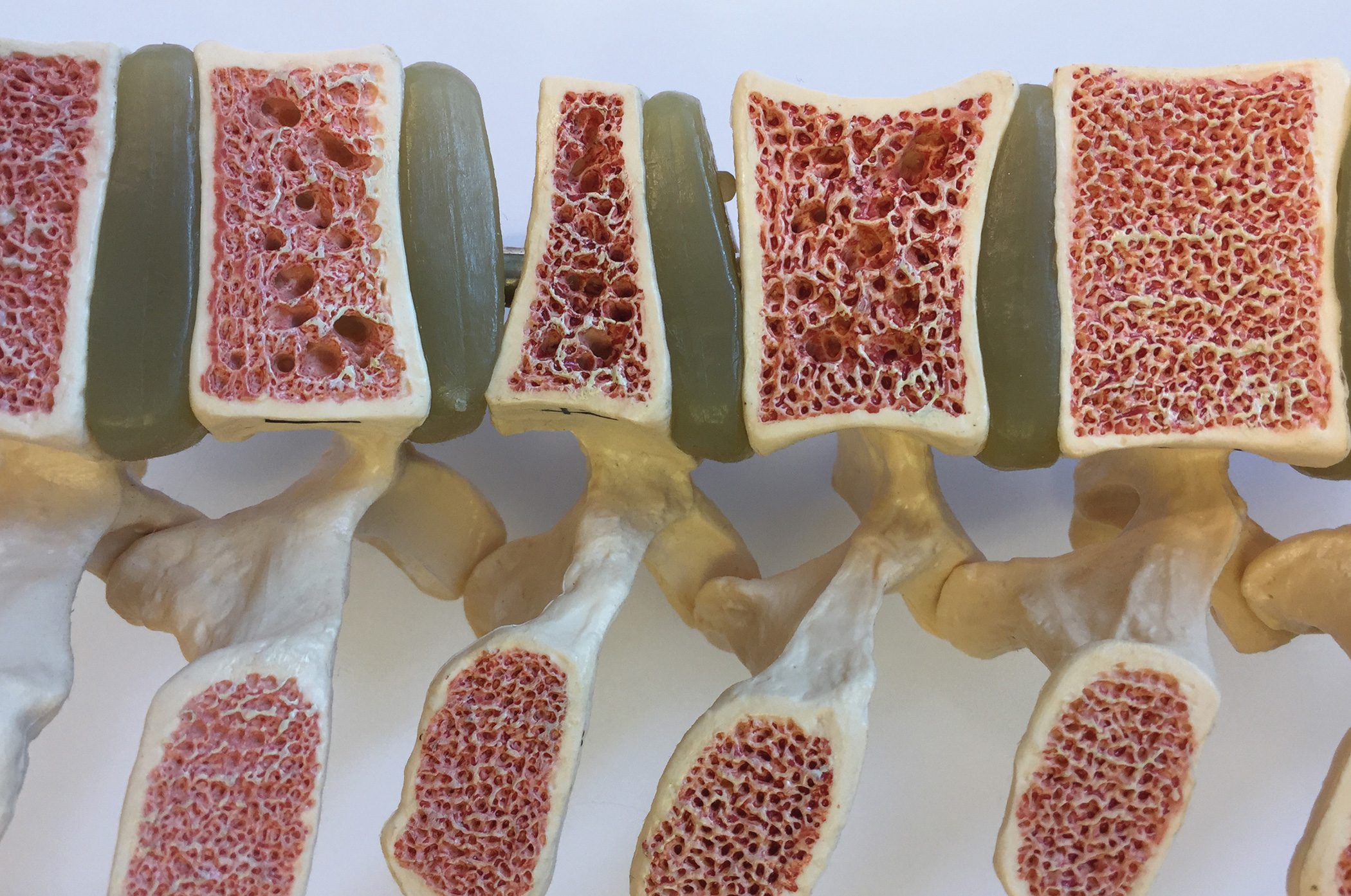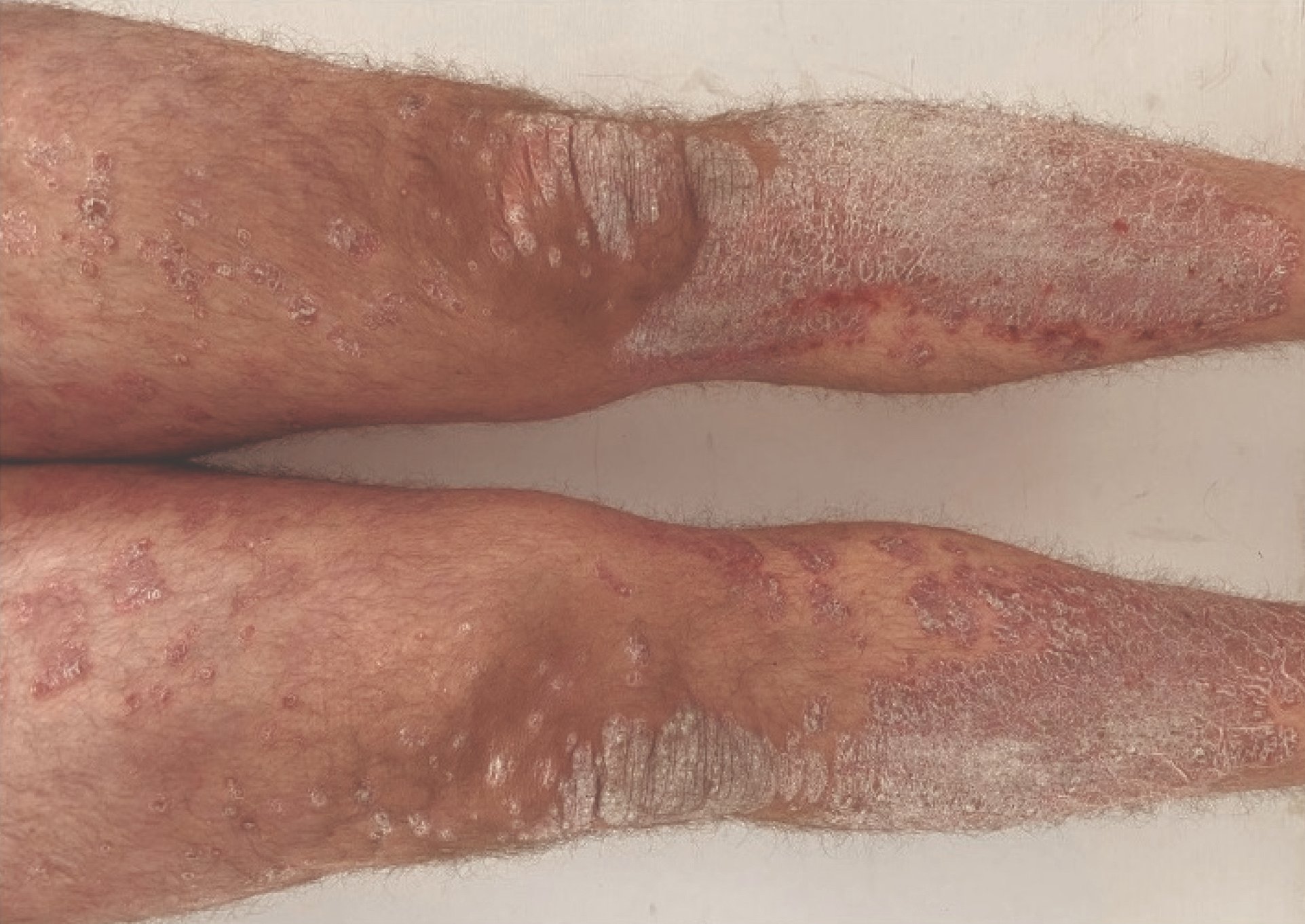Artificial intelligence (AI) can help to detect skin cancer in everyday clinical practice, but one hurdle is that the decisions made by algorithms are often not comprehensible. Scientists at the German Cancer Research Center have now developed an AI-based support system for skin cancer diagnostics that provides explanations for the algorithms’ decisions. The aim is to increase medical professionals’ confidence in AI applications.
Melanomas are responsible for most skin cancer-related deaths worldwide, but are difficult to distinguish from other skin tumors at an early stage. Recent advances in AI-based diagnostic support systems can help dermatologists more accurately diagnose melanomas and moles using digitized images of suspicious lesions. But which characteristics determine the result of an AI system? “The ultimate responsibility for a diagnosis lies with the clinician. This is why dermatologists are justifiably cautious about using AI-based systems without being able to understand their decisions,” explained PD Dr. Titus Brinker from the German Cancer Research Center (DKFZ) [1]. “Our goal was therefore to develop a support system that is tailored to the dermatologist’s perspective on melanoma diagnosis and explains his decision-making process,” says Dr. Brinker [1].
| MELVEC study at the University of Basel New 3D full-body photography systems based on artificial intelligence with computer-aided software analysis for risk assessment of pigmented skin changes have the potential to improve the early detection of malignant melanoma and thus positively influence the prognosis of the disease. The MELVEC study at the University of Basel is investigating the use of the latest 3D whole-body photography for melanoma screening. Specifically, the study analyzes how effective the additional use of AI-based software photo analysis systems and their use in patients at high risk of (further) melanoma is in early detection compared to the current standard, clinical checks by a dermatologist. In addition to the potential benefits and accuracy of this new technology in a real-world setting, patient acceptance of this innovative procedure and the emotional burden of skin cancer as well as the need for psychological support at different stages of the disease will also be assessed. The MELVEC study has been running since 2020 and has already included over 400 patients. |
| to [3 .4] |
“Explainable artificial intelligence”
“Following on from previous work, we have developed our explainable AI (XAI = explainable artificial intelligence) developed in such a way that it provides dermatologist-like explanations that relate to the characteristics of specific, individual zones of the lesion.” [1]. In a three-phase study, Dr. Brinker’s team investigated the impact on diagnostic accuracy, diagnostic confidence and dermatologists’ confidence in the explanatory system [1,2]. The researchers also wanted to know which factors promote doctors’ confidence in this technology. Over one hundred dermatologists from 33 countries took part in the study. The doctors diagnosed a test panel of digitized images of different lesions three times – based solely on their experience, with the support of a conventional AI system and with the XAI. As already documented in previous studies, the use of an AI system increased the diagnostic accuracy in the detection of melanoma, but this could not be further increased by using the XAI. Dermatologists’ confidence in their own decisions also improved with AI support – and increased significantly once again when using the XAI system. The doctors had particular confidence in their own diagnosis if their decision criteria largely matched the criteria listed by the XAI. “The results illustrate that XAI can improve clinicians’ diagnostic confidence and has the potential to increase clinicians’ acceptance of the use of AI methods,” says study leader Dr. Brinker.
| MedUni Vienna: “Reinforcement learning” for better skin cancer diagnosis An international research team has investigated reinforcement learning as a method for achieving greater accuracy in AI results by incorporating human decision criteria. The researchers integrated criteria in the form of “reward tables” into the AI system. Reward tables are tools that incorporate the positive and negative consequences of clinical assessments into the decision-making process from the perspective of both physicians and patients. On this basis, the results of the AI diagnosis were not only rated as correct or incorrect, but also rewarded or penalized with a certain number of plus or minus points depending on the effects of the diagnosis or the resulting decisions. This has significantly improved the accuracy: The sensitivity for melanomas, for example, was increased from 61.4% to 79.5% and for basal cell carcinomas from 79.4% to 87.1%. Overall, the rate of correct diagnoses made by dermatologists increased by 12%. The study was published in the journal Nature Medicine . |
| according to [6] |
AI no longer a “black box”
The conditions proposed by the European Commission for trustworthy AI applications include overview, transparency and accountability. If the AI algorithms are a “black box”, this can have a negative impact on user acceptance. Especially since modern medicine propagates evidence-based diagnostics as the basis for therapy decisions. Therefore, the explainable artificial intelligence (XAI) technique was developed to increase the trustworthiness of AI-generated predictions and assessments by explaining how the AI-based conclusions were reached.
Literature:
- “AI-based support for skin cancer diagnostics explains its decisions”, DKFZ, 17.01.2024.
- Chanda T, et al: Dermatologist-like explainable AI enhances trust and confidence in diagnosing melanoma. Nature Communications 2024,
DOI: 10.1038/s41467-023-43095-4 - “Alarming rise in skin cancer cases: AI-supported 3D full-body photography to the rescue?”, www.skincancer.ch/newsletter-28,(last accessed 21.02.2024)
- “Aim of the study”, www.hautkrebs-basel.ch,(last accessed 21.02.2024).
- Smuha NA: The EU Approach to Ethics Guidelines for Trustworthy Artificial Intelligence. Computer Law Review International; 2019; Vol. 20; iss. 4; 97-106.
- Barata C, et al: A reinforcement learning model for AI-based decision support in skin cancer. Nat Med 2023; 29(8): 1941-1946.
DERMATOLOGIE PRAXIS 2024; 34(1): 29 (published on 25.2.24, ahead of print)












